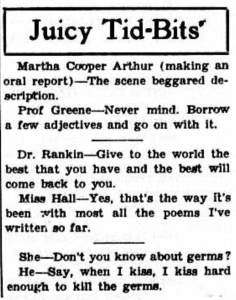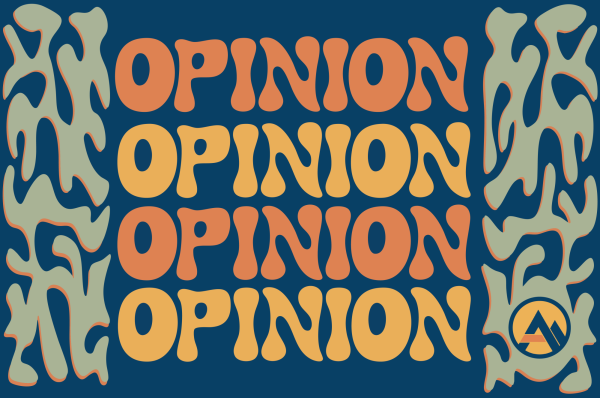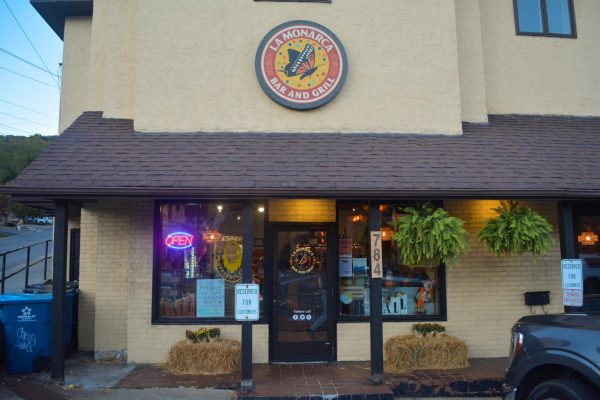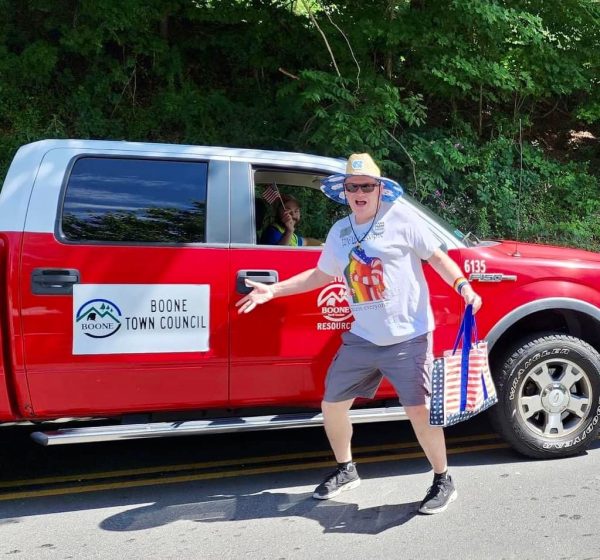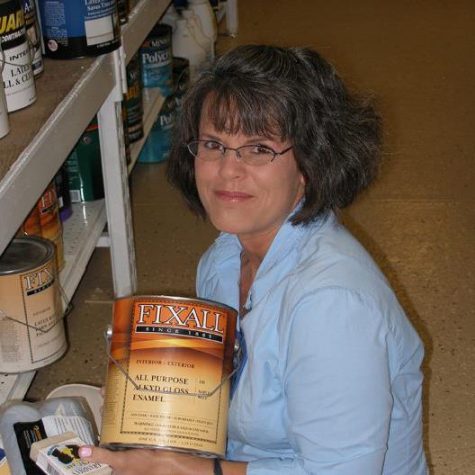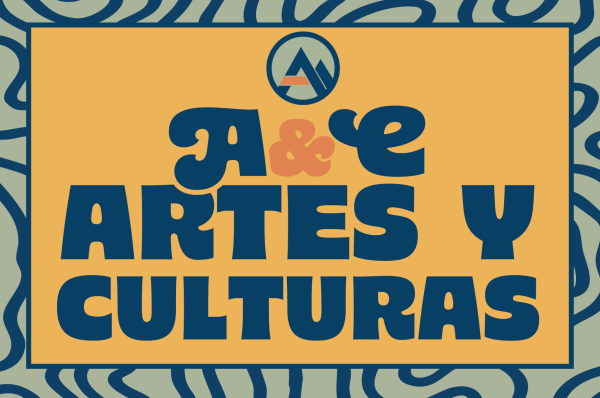App State students shaping 2020 elections through campaigning
January 30, 2020
Two students, two parties, two candidates, one goal: to get their candidate elected. River Collins and CJ Robinson are both spending 2020 dedicating time, energy and lack of sleep working on presidential campaigns.
Collins, president of College Republicans and a volunteer on President Donald Trump’s reelection campaign, said his high school current events and debate teacher sparked his passion for politics. He encouraged Collins to watch the 2016 presidential debates and take notes.
“I hadn’t ever really thought much about politics before, but the more I looked into it, I was like, ‘We’re deciding who gets to run the country,’ which is pretty huge,” said Collins, a junior political science major.
At the same time, Robinson was getting involved in politics too. He is now Sen. Elizabeth Warren’s field organizer for Watauga County and the surrounding counties.
“When I started out at App, I was a creative writing major,” Robinson, who graduated in May with a political science degree, wrote in an email. “It wasn’t until the 2015 campaign leading into the 2016 election that I decided I wanted to get involved in politics.”
Both consider App State’s Department of Government and Justice Studies and their American politics concentration integral parts in building the basis needed to get involved in local and federal campaigns.
Associate professor William Hicks primarily works in the American politics concentration of the department and said the concentration doesn’t “pigeonhole” students to campaign life, but allows them to develop the background they need if they go into American politics by focusing on content and political analysis.
“What our classes do is they give students that kind of background to understand that sometimes conventional wisdom or popular accounts of how you might win a campaign really are at odds with what the scientific evidence suggests that you should do to devise a winning strategy,” Hicks said.
Hicks said it is important for students to understand how to work with data management software.
“The modern world of campaigning is a lot more data driven, and it involves a lot more manipulation of survey data, public opinion polls, understanding what those reveal (and) understanding the rules of how you might work through those,” Hicks said.
Collins said App State prepared him well, but there are some things you can only learn from hands-on experience.
“It requires a lot of work and a lot of volunteers, and just a lot of people going out, giving their time for a cause they believe in,” Collins said. “It’s really cool to see a big group of people come together to fight for something they believe in.”
Robinson, who also worked on D.D. Adams’ congressional campaign and for the Watauga County Democratic Party while he was a student at App State, said the experience of juggling classes and campaign work taught him the value of time management.
“You never know just how organized you can be until you’re forced to figure out how to manage a team of interns, schedule phone banks and also study for a bunch of exams,” Robinson wrote.
Despite the challenges of working on a campaign, both Collins and Robinson agree their biggest reward is the people they have met. For Collins, that is his mentor and role model: Robbie Pope, who worked on the Trump campaign in Watauga County.
“He is extremely motivational. He makes sure that you feel appreciated (and) always thanks you for your efforts,” Collins said. “I know he’s definitely made me feel a lot more comfortable in volunteering and really getting out there to do stuff because he’s been with me every step along the way to show me how things are done so I can do them on my own.”
For Robinson, it’s the people he has met in the community while campaigning.
“You go and knock on doors, and you get to meet the most incredible people. You get to know who they are. You get to know their dreams, their concerns, the things that keep them up at night,” Robinson wrote. “But, you also get to share with them plans to address their concerns and both you and them walk away a little more hopeful.”
Hicks, Collins and Robinson all said the best way for App State students to join a campaign is to volunteer, build relationships with people in the community and go outside their comfort zones.



